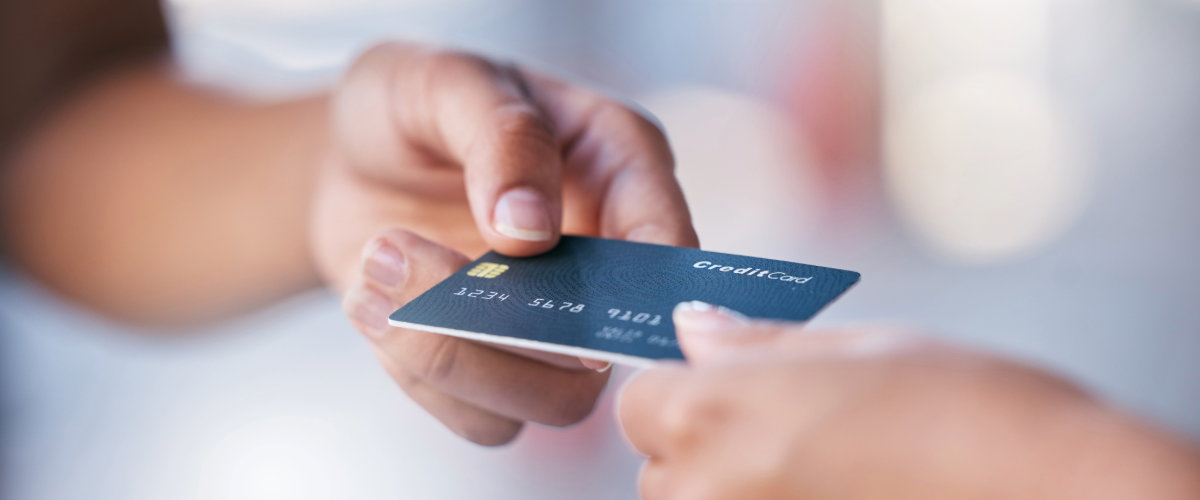Online Banking Upgrade Coming Soon - update your contact info now to ensure you're able to login to your Online Banking!
Online Banking Upgrade Coming Soon - update your contact info now to ensure you're able to login to your Online Banking!
Online Banking Upgrade Coming Soon - update your contact info now to ensure you're able to login to your Online Banking!
Links to non-Sierra Central websites are provided solely as pointers to information that may be useful to SierraCentral.com users. Sierra Central has no control over the content on such websites.
Sierra Central makes no warranties, either express or implied, concerning the content of such linked sites, including the accuracy, completeness, reliability or suitability thereof for any particular purpose, nor does Sierra Central warrant that such site or content is free from any claims of copyright, trademark or other infringement of the rights of third parties or that such site or content is devoid of viruses or other contamination.
Sierra Central does not guarantee the authenticity of documents on the Internet. Links to non-Sierra Central sites do not imply any endorsement of or responsibility for the opinions, ideas, products, information or services offered at such sites, or any representation regarding the content at such sites. The privacy policies of Sierra Central Credit Union do not apply to linked Websites. Please consult the privacy disclosures on such sites for further information.

As a credit union member, safeguarding your hard-earned money is crucial. Here's a friendly guide on how you can protect yourself against fraud, ensuring peace of mind while managing your finances.
Unexpected Requests: Be wary of any unexpected emails, calls, or messages asking for your personal information, even if they seem to come from your credit union. Scammers often pose as legitimate institutions to obtain your data.
Too Good to Be True: If an offer sounds too good to be true, it probably is. High returns with no risk or an urgent need for you to act, like claiming a prize you never entered for, should raise red flags.
Think of a password like a key to your house. You wouldn't want it to be something obvious like your name or just the number 1-2-3-4. Instead, try to use a mix of letters (both upper and lower case), numbers, and even symbols if possible. For example, instead of using "john," you might use "J0hn!2024." It's much harder for someone else to guess.
This is like having a second lock on your door. Even if someone knows your key (password), they also need a special code that only you can get, usually on your phone. When you try to log in, you'll enter your password and then a code that is sent to your phone via text message. This makes it much harder for anyone who isn’t you to access your account.
Regular Checks: Keep an eye on your account balances and transaction history. Early detection of any unauthorized activity can make a significant difference in resolving issues.
Alerts: Set up account alerts for withdrawals, transfers, or when your balance falls below a certain amount. These notifications can alert you to fraudulent activity instantly.
Security Patches: Regularly update your computer and smartphone operating systems and applications. Updates often include security patches that protect against new methods of attack.
Antivirus Software: Use reputable antivirus software to provide an additional layer of security against malicious software designed to steal personal information.
Stay Informed: Keep up-to-date with the latest types of financial fraud. Credit unions often provide resources and information sessions on how to protect yourself.
Family and Friends: Share this knowledge with your family and friends. The more people are aware, the harder it is for fraudsters to succeed.
Immediate Action: If you suspect you've been a victim of fraud, contact your credit union immediately. The quicker you act, the better the chances of recovering your funds and preventing further loss.
File Reports: Consider filing a report with your local authorities and potentially the Federal Trade Commission (FTC) via IdentityTheft.gov. This helps in tracking and potentially stopping the fraudsters.
Your credit union is your partner in managing your finances safely and effectively. Utilize the tools and resources they offer, and don't hesitate to reach out to them with your concerns about potential fraud. Remember, taking proactive steps is key in protecting your financial well-being in the digital age. Stay safe!